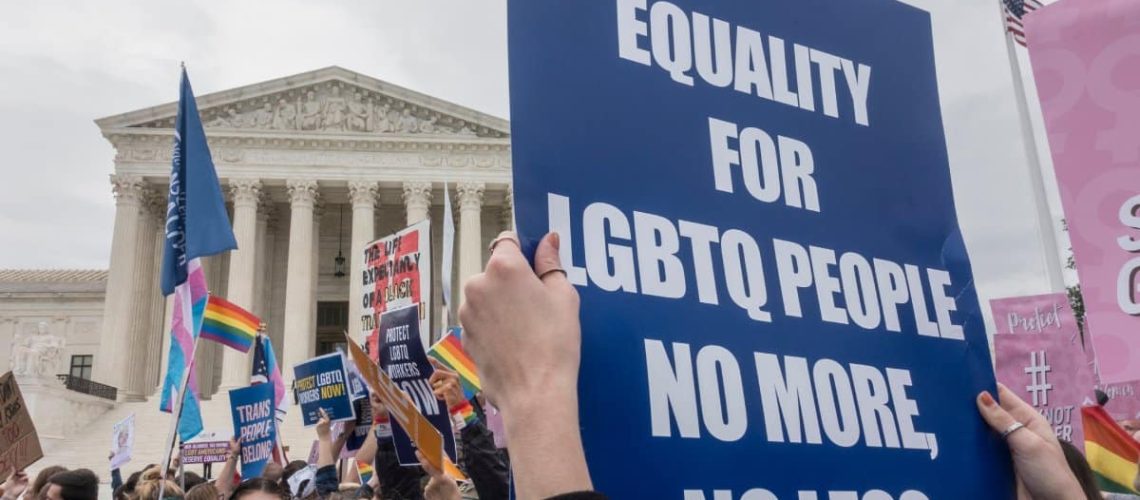Despite strides toward equality, several recent actions across the United States signal significant setbacks for LGBTQ rights. Here are 21 ways America is seeing a regression in LGBTQ progress, both politically and socially:
1. “Don’t Say Gay” Bills
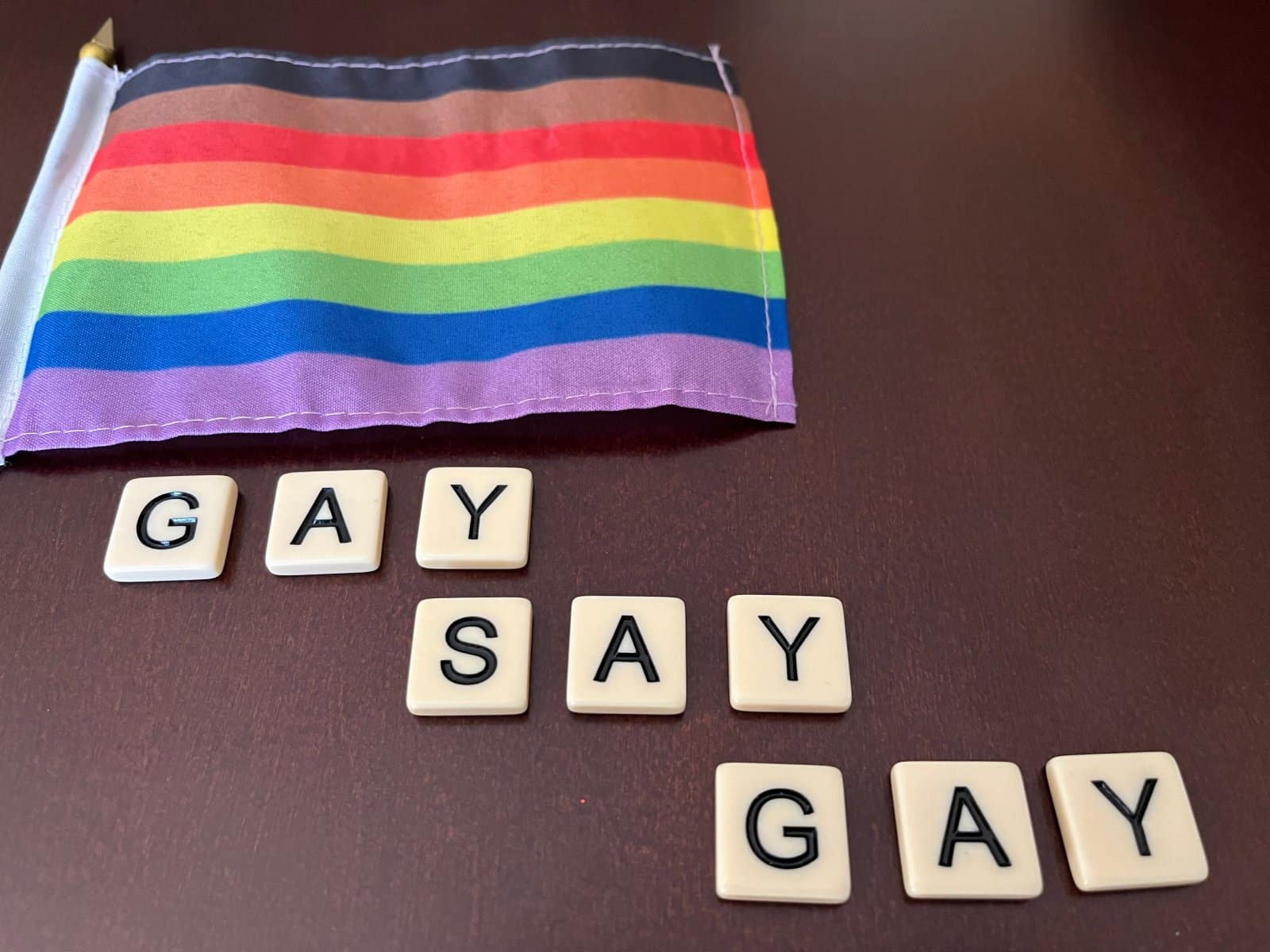
Several states have passed laws restricting discussion of homosexuality and transgender issues in schools, often dubbed “Don’t Say Gay” bills, limiting educational openness.
2. Transgender Sports Bans
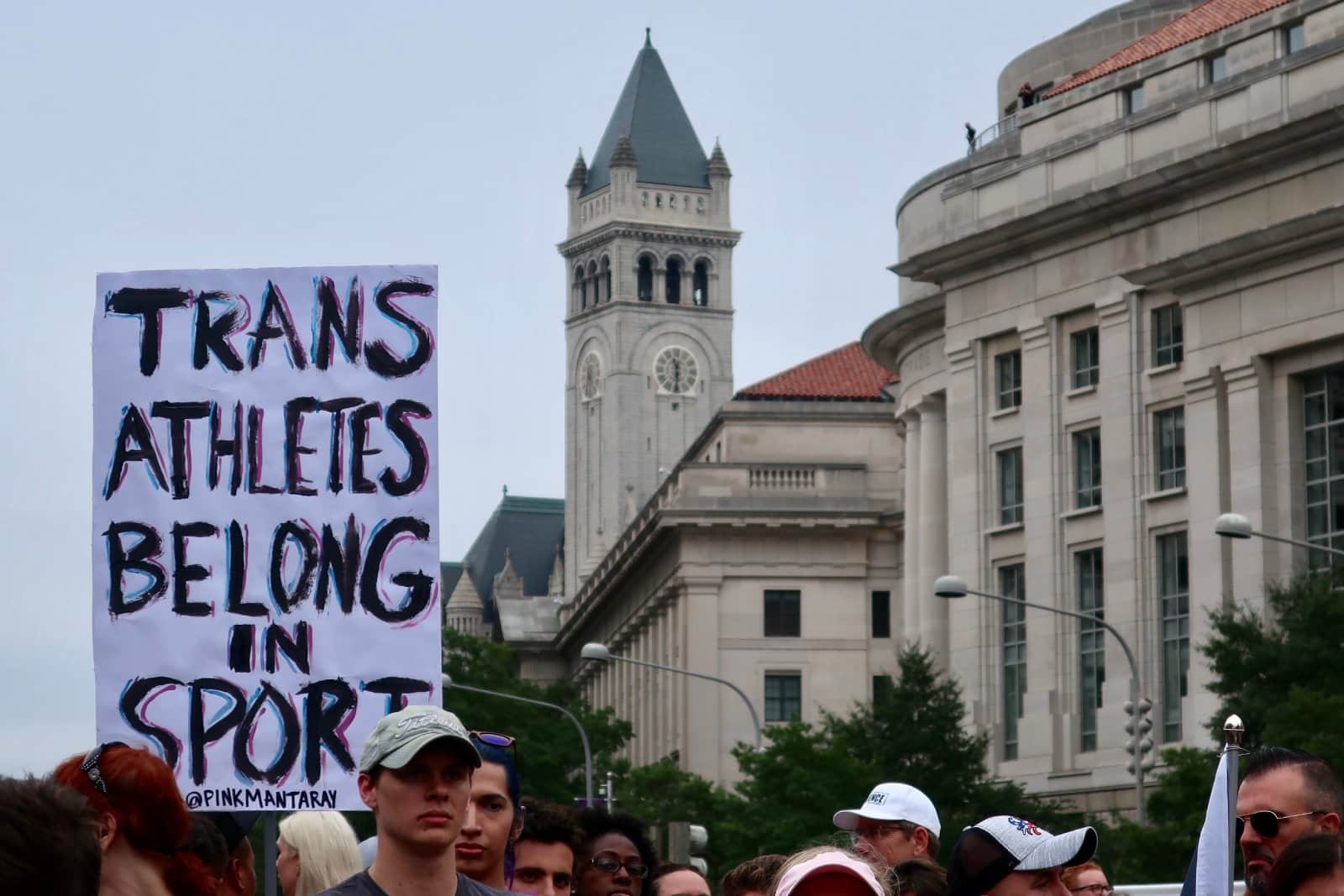
Over 20 states have enacted laws that ban transgender athletes from participating in sports consistent with their gender identity, significantly impacting youth sports.
3. Restrictions on Gender-Affirming Care
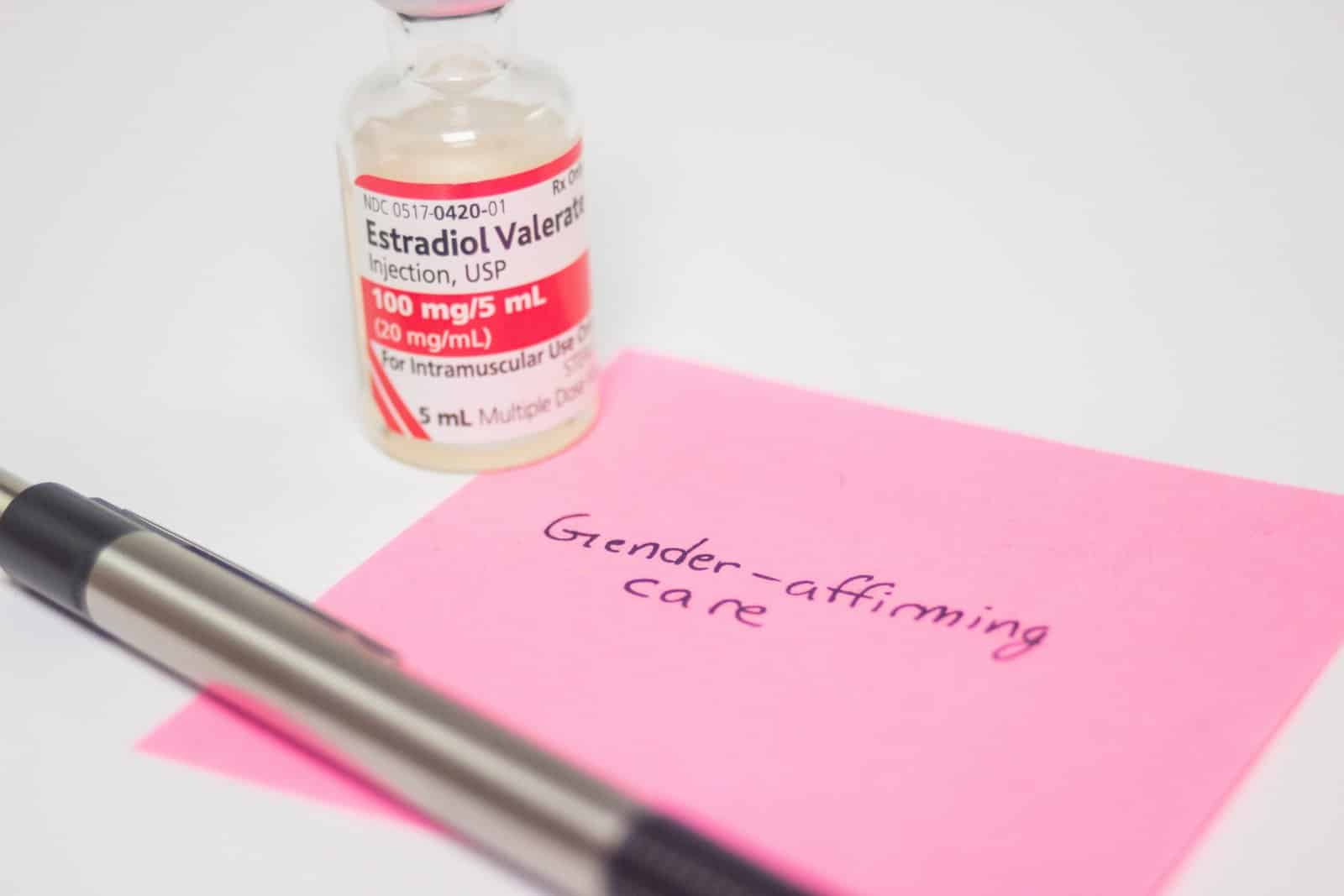
Legislation in multiple states now restricts access to gender-affirming care for minors, a move criticized by major medical associations as harmful to transgender youth.
4. Bathroom Bills
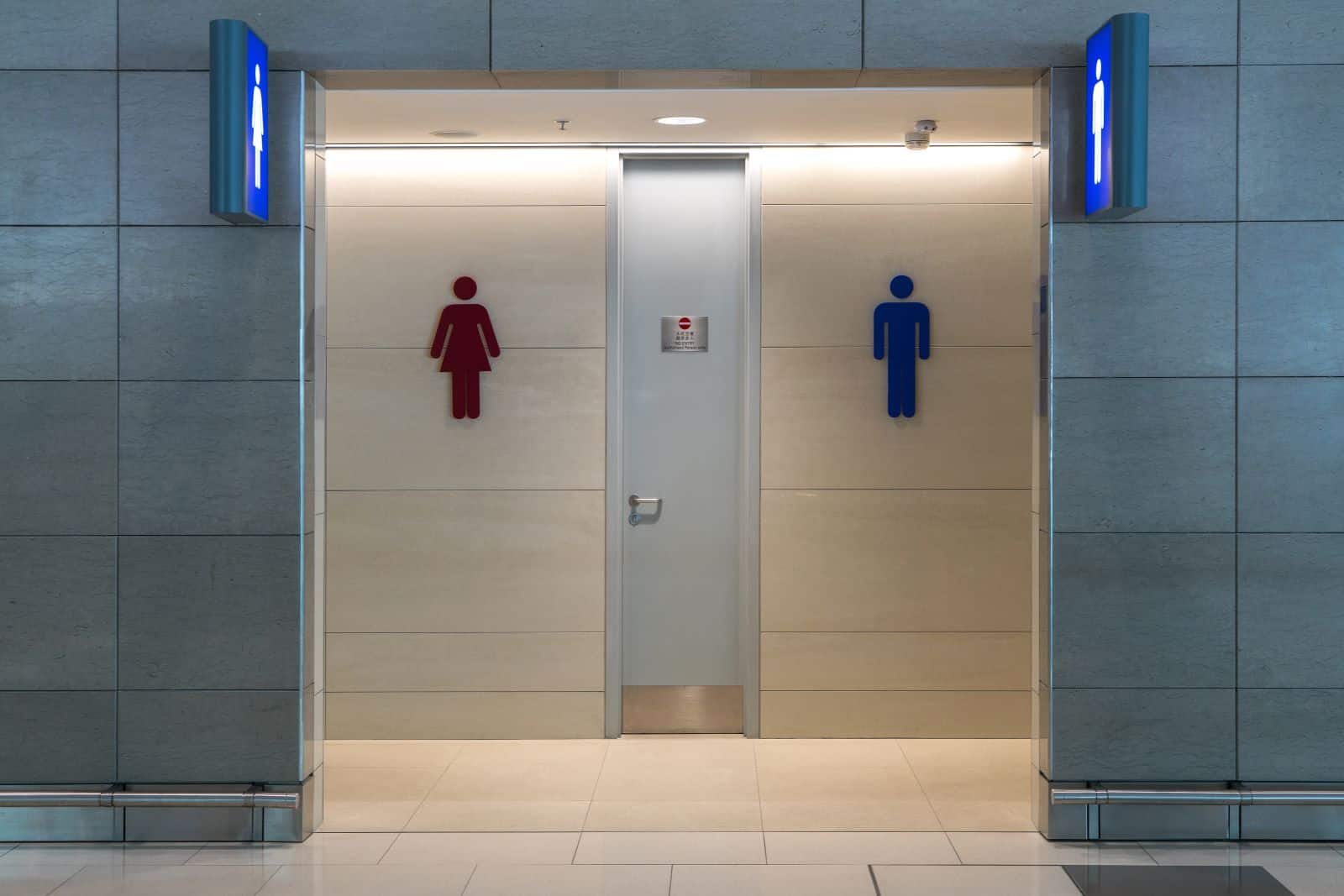
Laws requiring individuals to use bathrooms that correspond to their sex as assigned at birth, rather than their gender identity, have resurfaced, creating hostile environments for transgender people.
5. Religious Freedom Laws
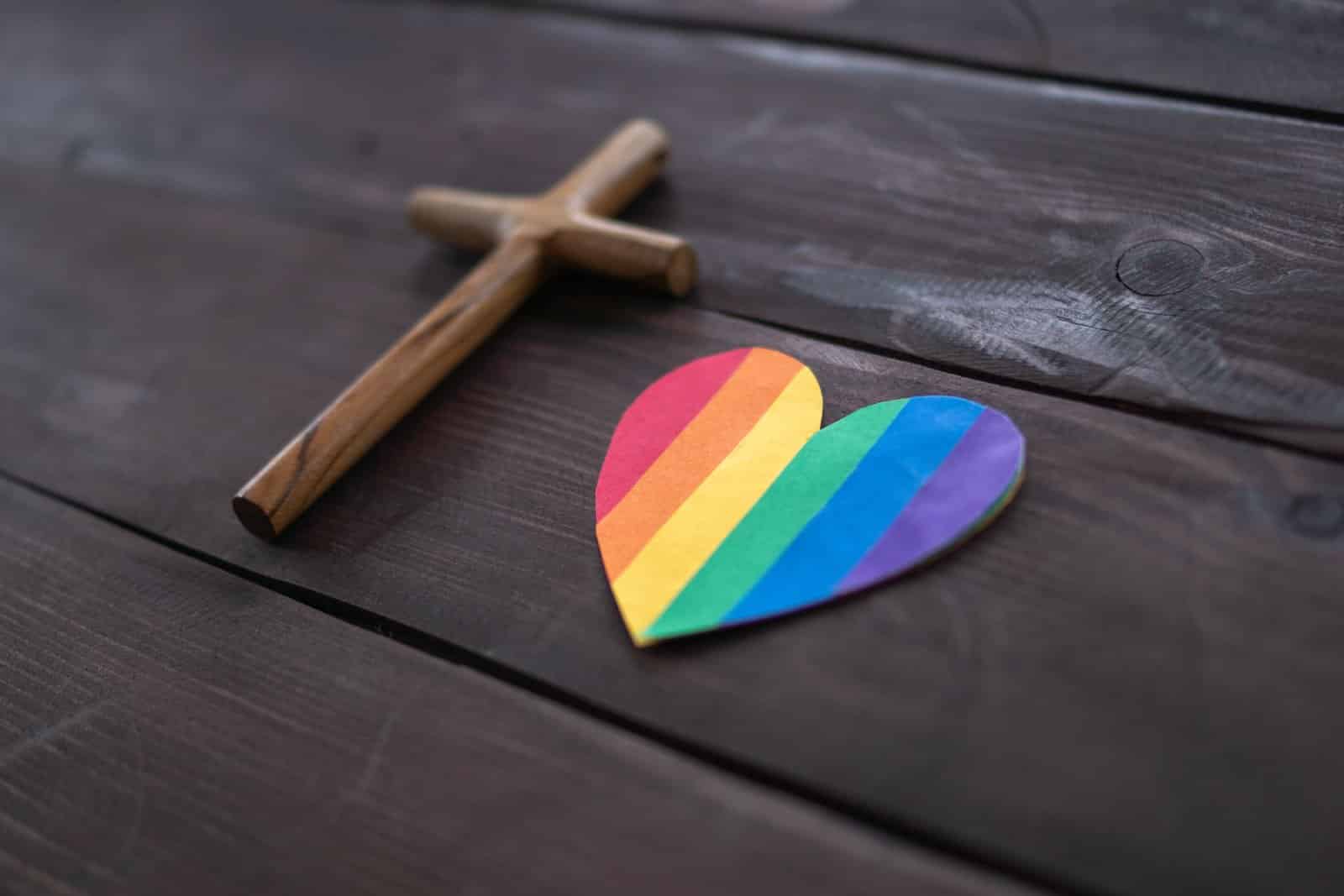
Some states have adopted so-called “religious freedom” laws, which critics argue allow businesses to discriminate against LGBTQ individuals under the guise of religious beliefs.
6. Erasure of LGBTQ Content in Schools

Efforts to limit or erase LGBTQ themes from school curricula and libraries have increased, under the pretext of parental rights and educational appropriateness.
7. Blocking LGBTQ Events
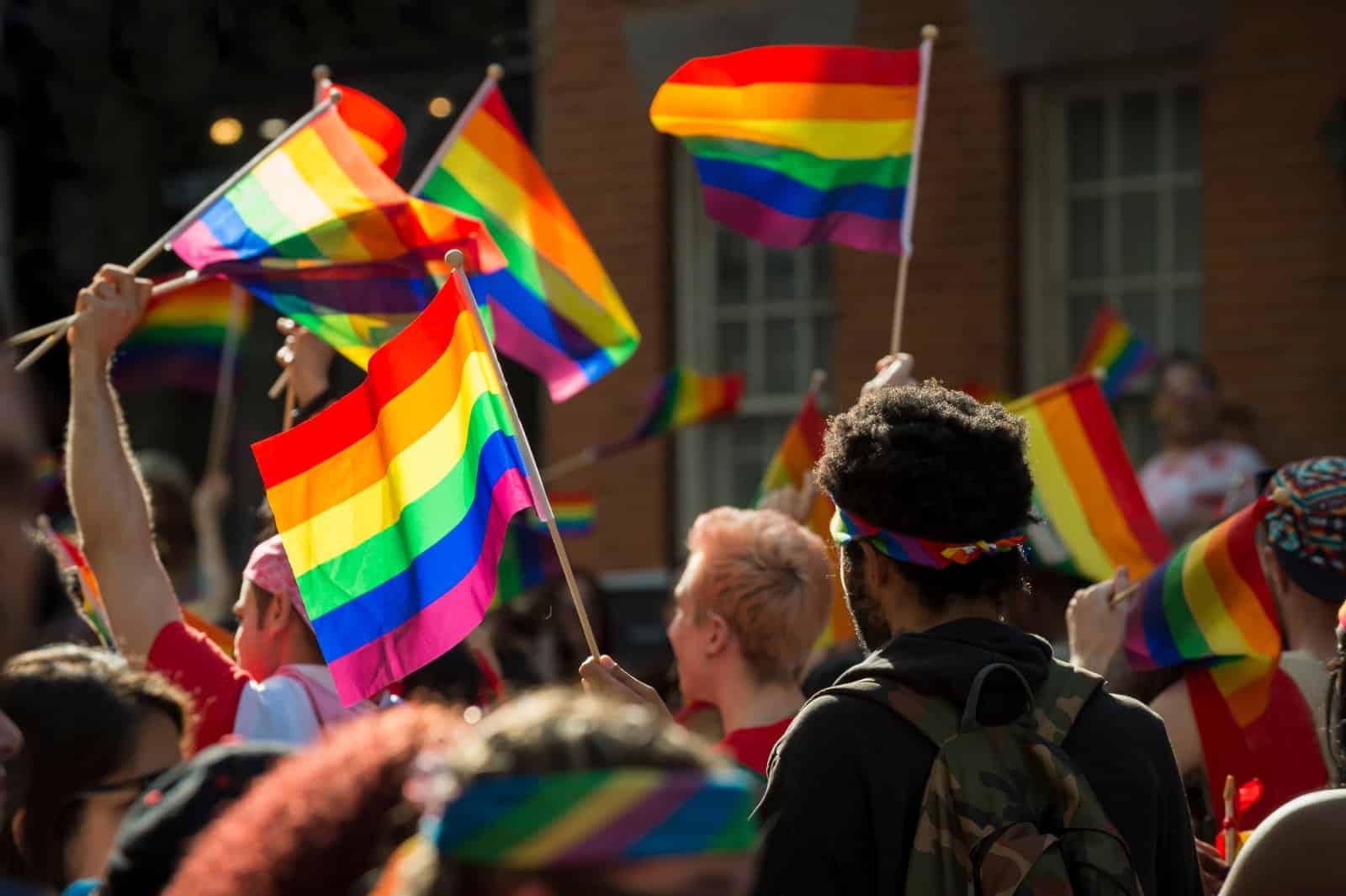
Local governments in some areas have attempted to block or cancel LGBTQ pride events, citing various administrative reasons but often influenced by anti-LGBTQ sentiment.
8. Rescinding Non-Discrimination Ordinances

Some local jurisdictions have rolled back non-discrimination ordinances that protect LGBTQ individuals in employment, housing, and public accommodations.
9. Refusal of Services

There are increasing instances of businesses refusing services to LGBTQ individuals, with legal battles reaching as high as the Supreme Court.
10. Conversion Therapy
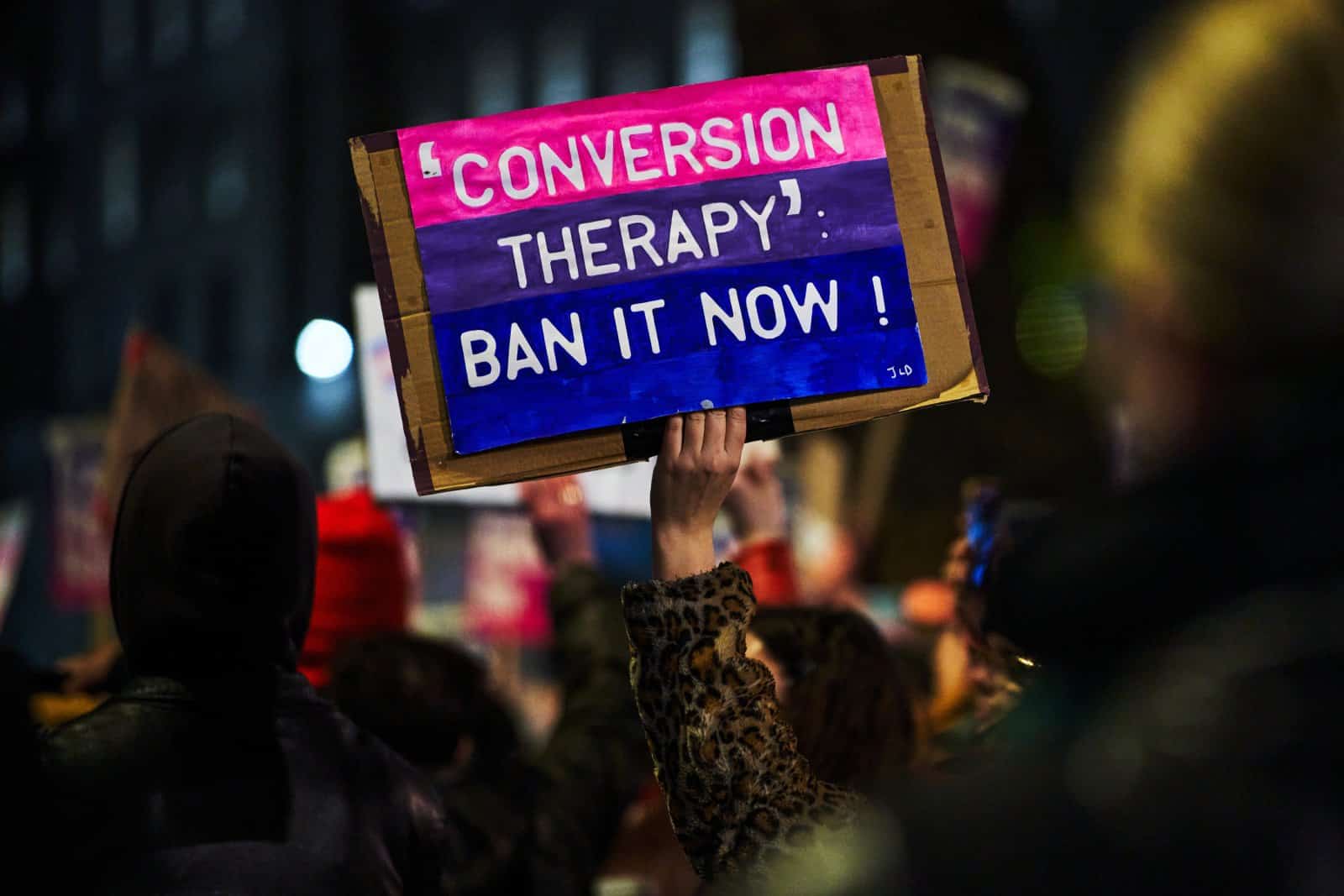
Despite widespread discreditation, some states continue to allow conversion therapy practices for minors, a method aimed at changing an individual’s sexual orientation or gender identity.
11. Adoption and Foster Care Restrictions

Laws in some states restrict the rights of LGBTQ people to adopt or become foster parents, based on the premise of “child welfare.”
12. Anti-LGBTQ Rhetoric From Elected Officials

Prominent public figures and elected officials have openly expressed anti-LGBTQ sentiments, which has emboldened discriminatory actions and legislation.
13. Elimination of LGBTQ Safe Spaces

The closure of LGBTQ community centers and safe spaces in conservative areas has left many without critical support networks.
14. Defunding HIV/AIDS Research
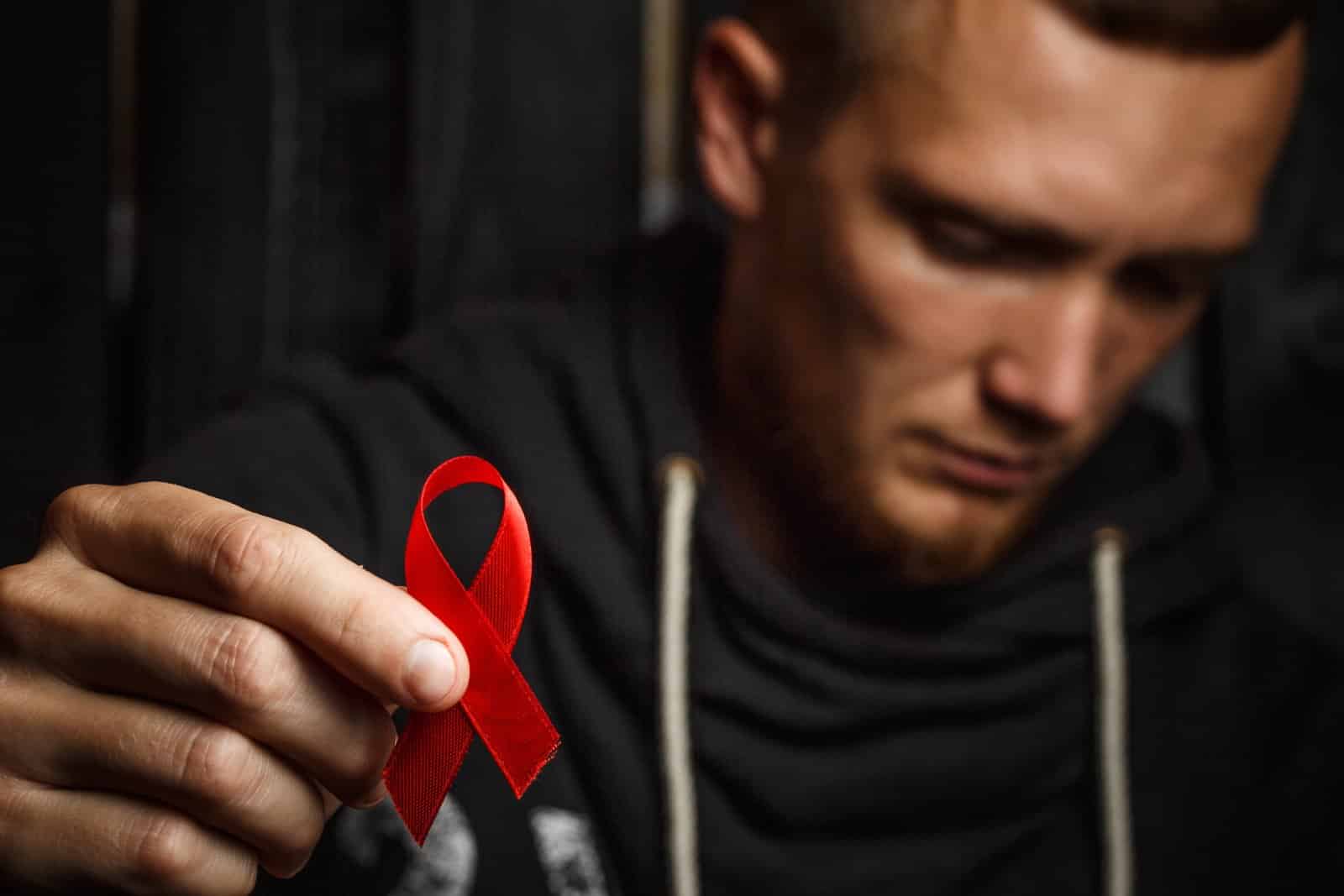
Some legislative proposals aim to cut funding for HIV/AIDS research programs, which disproportionately affect the LGBTQ community.
15. Military Service Restrictions

Although previously rolled back, discussions and attempts to reinstate restrictions on transgender individuals serving in the military persist.
16. Passport Gender Marker Issues

The State Department has faced legal challenges for denying passports to individuals with non-binary gender markers, complicating travel for some transgender and non-binary citizens.
17. Media Censorship
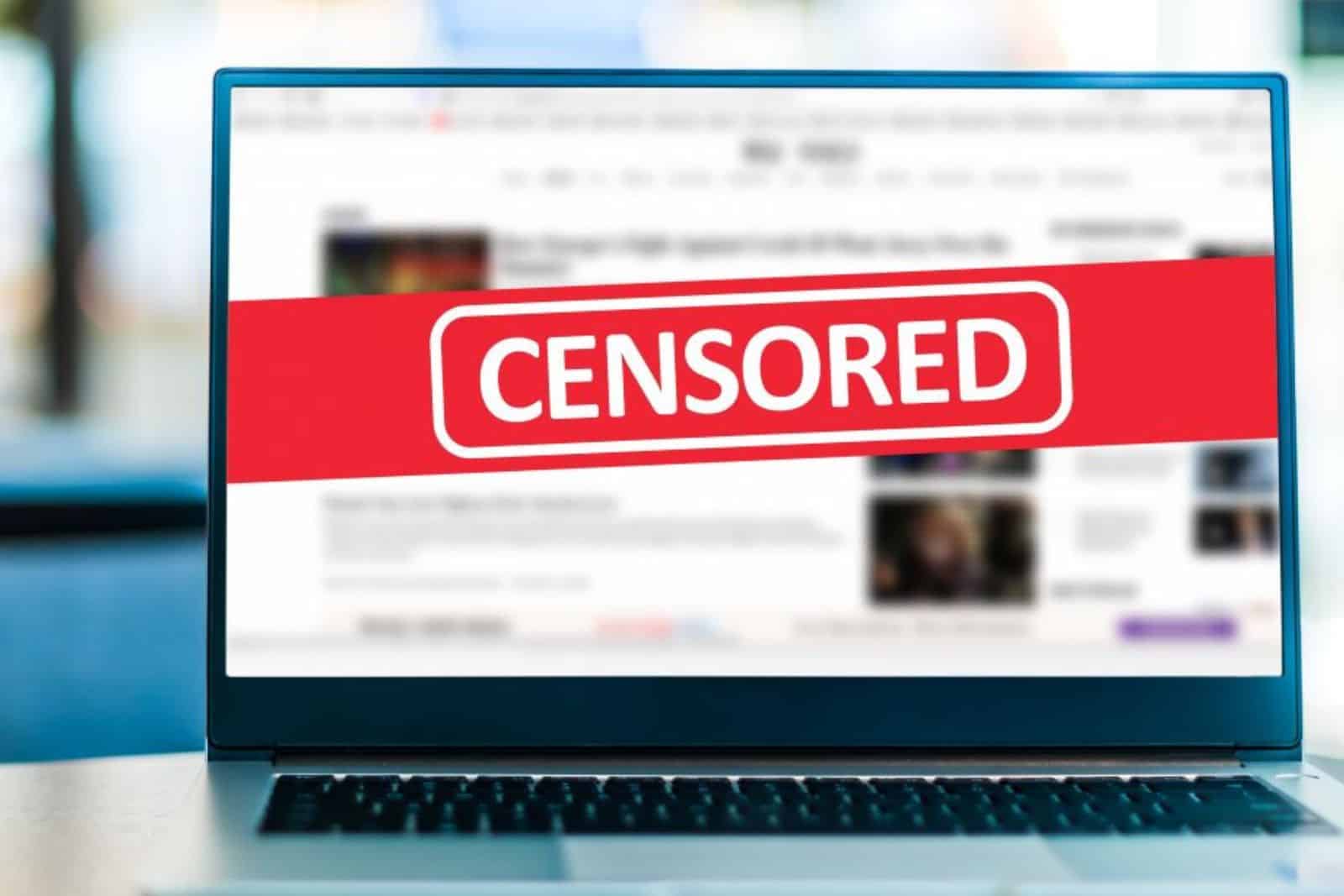
An increase in censorship of LGBTQ themes in mainstream and social media, driven by policy changes and societal pressures, limits representation.
18. Harassment in Public Facilities

Reports of harassment and violence against LGBTQ individuals in public facilities like parks, restaurants, and stores have risen.
19. Dismantling of LGBTQ Government Initiatives
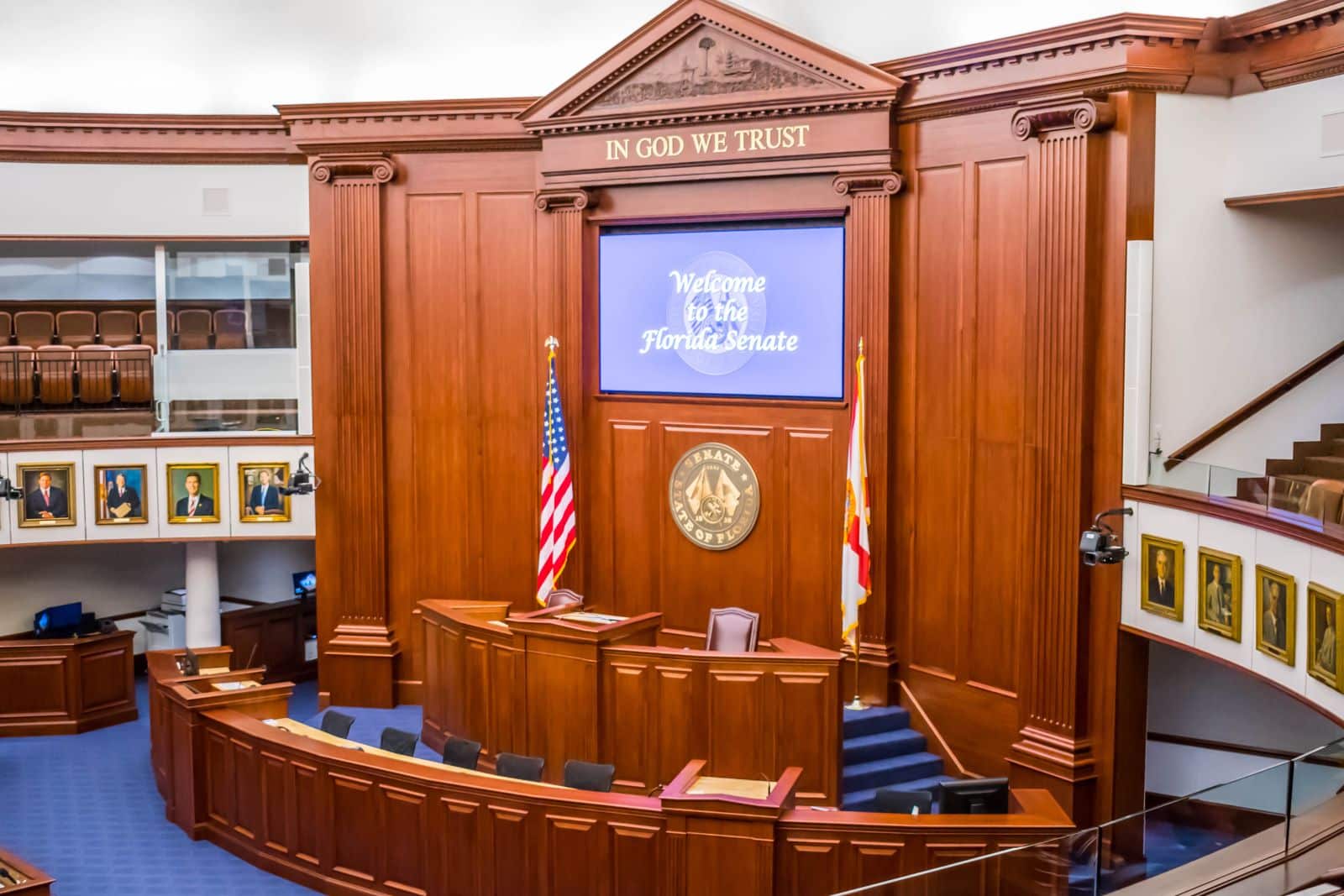
Some administrations have dismantled government initiatives or offices that focus on LGBTQ rights, signaling a deprioritization of these issues.
20. Judicial Appointments

The appointment of judges who have historically opposed LGBTQ rights to federal courts threatens future legal battles and rights protections.
21. Voter Suppression Efforts
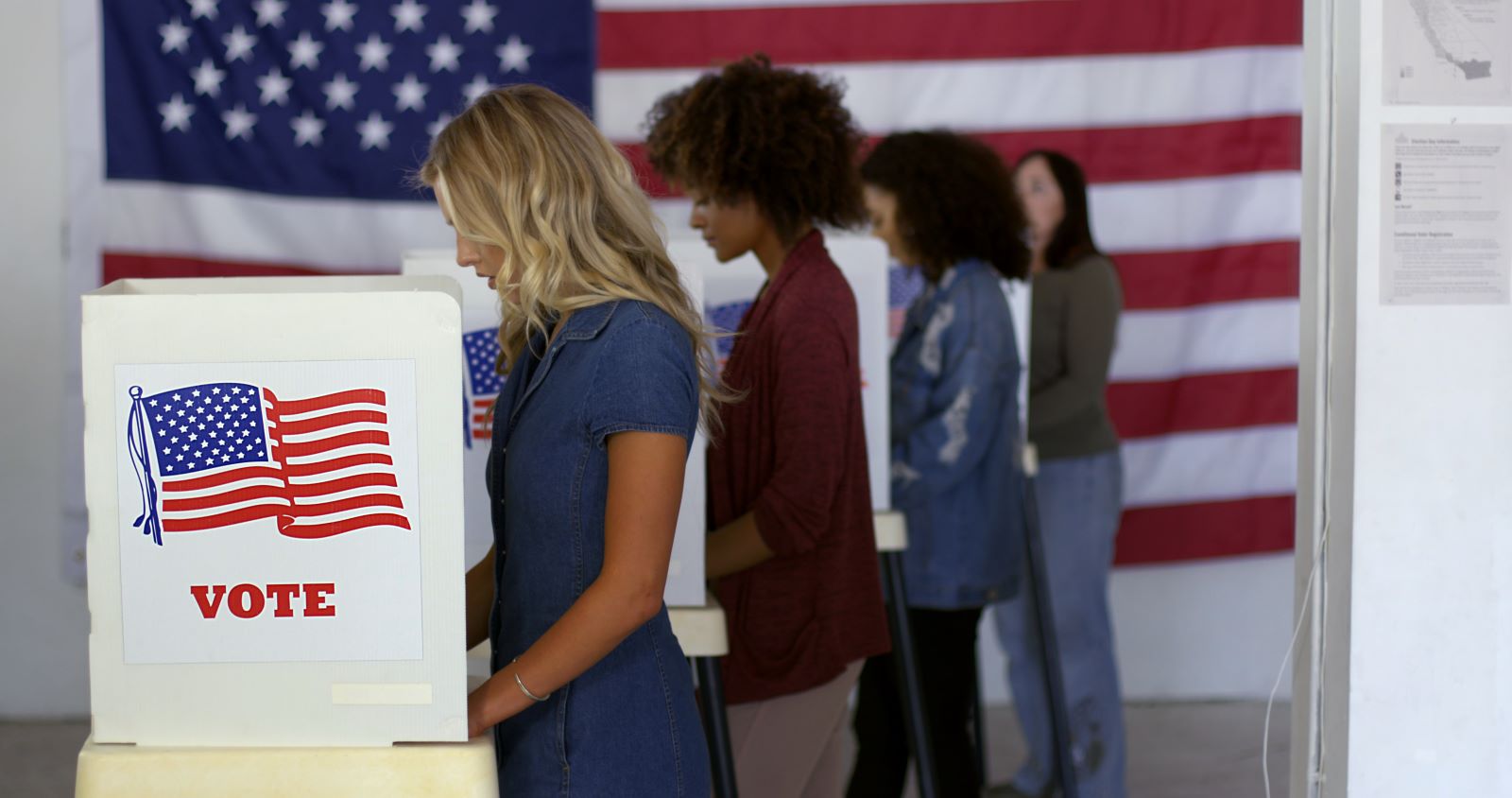
Voter suppression tactics that disproportionately affect marginalized communities, including LGBTQ individuals, undermine political representation and policy change.
Reflecting on Regression

These setbacks highlight the ongoing struggle for equality and the need for continued advocacy and vigilance in protecting LGBTQ rights. Each regression underscores the importance of community action, legal challenges, and legislative advocacy to uphold the hard-won gains for LGBTQ individuals in America.
The post Anti-LGBT Moves: 21 Ways America Is Going Backwards in Progress first appeared on Pulse of Pride.
Featured Image Credit: Shutterstock / Bob Korn.
For transparency, this content was partly developed with AI assistance and carefully curated by an experienced editor to be informative and ensure accuracy.

